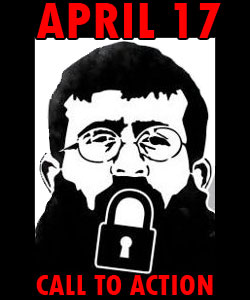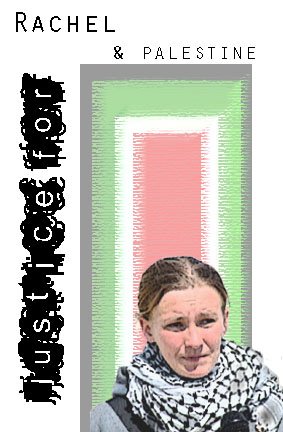Category: Press Releases
-
Press Release from the Welcome to Palestine Campaign
by Mazin Qumsiyeh 16 April 2012 | Welcome to Palestine Campaign 2012 We did not have to show our 1500 visitors Israeli racism, arrogance, and human rights violations; the Israeli government showed them and also showed the whole world. Calling itself a democracy, this outlaw state denied the right of people from around the world to come visit…
-
Call for international action: Show your support on Palestinian Prisoners day
12 April 2012 | International Solidarity Movement This week International Solidarity Movement is calling for international solidarity in the run up to Palestinian Prisoners Day on the 17th April. The Palestinian prisoners struggle needs immediate international attention as Israel’s treatment of prisoners under a military judicial system starkly violates international law and fundamental human rights. …
-
In memory of a hero: Rachel speaks truth
16 March 2012 | International Solidarity Movement On the anniversary of Rachel Corrie’s martyrdom today, the rain fell in quiet tears that watered Palestine in a confusing emotion of remorse and yet optimism—the same optimism we hear in the voice of Rachel’s diaries and actions. It rained on Kufr Qaddoum where attack dogs clenched in…


